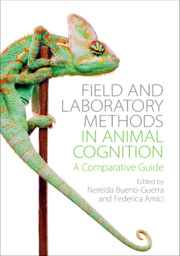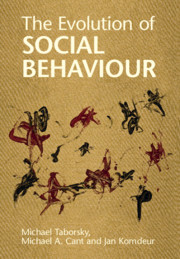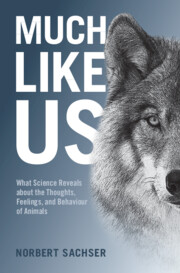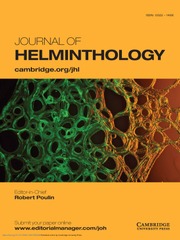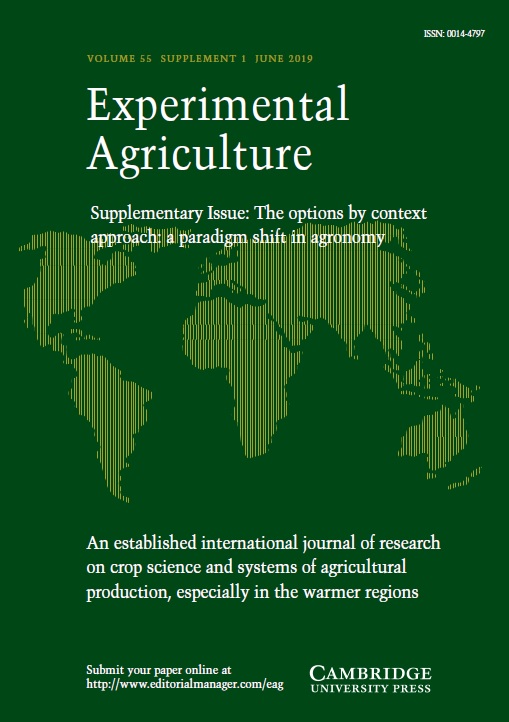Field and Laboratory Methods in Animal Cognition
Would you ask a honeybee to point at a screen and recognise a facial expression? Or ask an elephant to climb a tree? While humans and non-human species may inhabit the same world, it's likely that our perceptual worlds differ significantly. Emphasising Uexküll's concept of 'umwelt', this volume offers practical advice on how animal cognition can be successfully tested while avoiding anthropomorphic conclusions. The chapters describe the capabilities of a range of animals - from ants, to lizards to chimpanzees - revealing how to successfully investigate animal cognition across a variety of taxa. The book features contributions from leading cognition researchers, each offering a series of examples and practical tips drawn from their own experience. Together, the authors synthesise information on current field and laboratory methods, providing researchers and graduate students with methodological advice on how to formulate research questions, design experiments and adapt studies to different taxa.
- Explains how each animal's perceptual world should be considered to avoid drawing anthropomorphic conclusions in cognition research
- Outlines practical tips and advice on current field and laboratory methods, demonstrating how to formulate research questions, design experiments and adapt studies to different species
- Presents the latest theory and research findings on cognitive skills in animals from a comparative perspective, bringing together a range of scientists working on a variety of taxa
Reviews & endorsements
'Field and Laboratory Methods in Animal Cognition, edited by Bueno-Guerra and Amici, manages also to implicitly teach some of the fundamentals of cognition in the way it showcases methods. By illuminating how similar cognitive principles need to be tested differently across species, the existence of the volume itself proves the importance of the 'Umwelt' concept it champions. With a star-studded lineup of authors, the book serves as a snapshot of who is doing what and how in the field of comparative cognition.' Alison L. Greggor, The Quarterly Review of Biology
Product details
August 2018Paperback
9781108413947
456 pages
246 × 175 × 22 mm
0.92kg
Available
Table of Contents
- Foreword Josep Call
- Introduction: the concept of umwelt in experimental animal cognition Nereida Bueno-Guerra and Federica Amici
- 1. Ants – individual and social cognition Zhanna Reznikova
- 2. Bats – using sound to reveal cognition Yossi Yovel and Stefan Greif
- 3. Bees – the experimental umwelt of honeybees Randolf Menzel
- 4. Carib grackles – field and lab work on a tame, opportunistic island icterid Simon Ducatez, Sarah E. Overington, Jean-Nicolas Audet, Marine Battesti and Louis Lefebvre
- 5. Chicken – cognition in the poultry yard Cinzia Chiandetti and Giorgio Vallortigara
- 6. Chimpanzees – investigating cognition in the wild Roman M. Wittig and Catherine Crockford
- 7. Dolphins and whales – taking cognitive research out of the tanks and into the wild Volker B. Deecke
- 8. Elephants – studying cognition in the African Savannah Lucy A. Bates
- 9. Fish – how to ask them the right questions Catarina Vila Pouca and Culum Brown
- 10. Hermit crabs – information gathering by the hermit crab, pagurus bernhardus Robert W. Elwood
- 11. Hyenas – testing cognition in the umwelt of the spotted hyena Lily Johnson-Ulrich, Kenna D. S. Lehman, Julie W. Turner and Kay E. Holekamp
- 12. Lizards – measuring cognition in lizards: practical challenges and the influence of ecology and social behaviour Martin J. Whiting and Daniel W. A. Noble
- 13. Meerkats – identifying cognitive mechanisms underlying meerkat coordination and communication: experimental designs in their natural habitat Marta Manser
- 14. Octopuses – mind in the waters Jennifer A. Mather and Michael J. Kuba
- 15. Grey parrots (Psittacus erithacus) – cognitive and communicative abilities Irene M. Pepperberg
- 16. Sharks – elasmobranch cognition Tristan L. Guttridge, Kara E. Yopak and Vera Schluessel
- 17. Spiders – hints for testing cognition and learning in jumping spiders Elizabeth M. Jakob, Skye M. Long and Margaret Bruce
- 18. Tortoises – cold-blooded cognition: how to get a tortoise out of its shell Anna Wilkinson and Ewen Glass
- Epilogue Nereida Bueno-Guerra.

